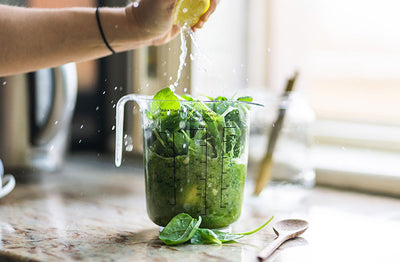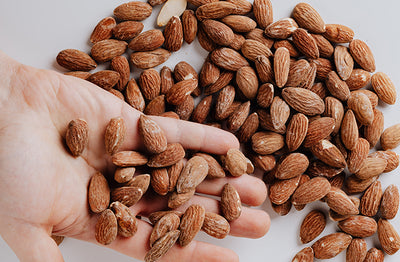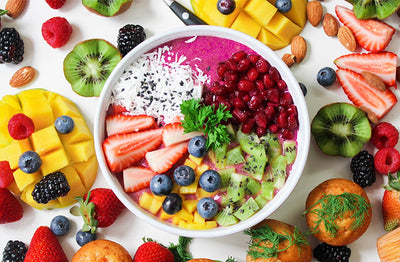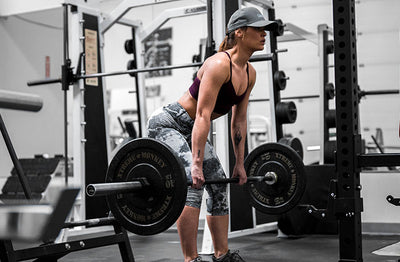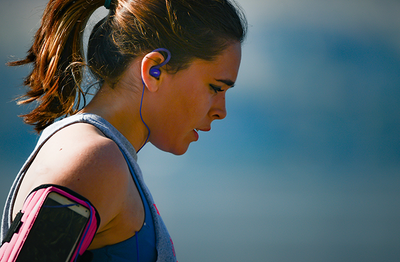It can be difficult to get enough protein in your diet when you’re trying to bulk up. While each workout king or queen should be able to name the top sources of protein they take in their regular diets, how many know about all the different forms of protein contained in various protein powders?
With so many different forms of protein to choose from in protein powders, it can be difficult to know just what’s right for your body and your training circumstances.
Protein powder instead of protein in food?
Lots of high protein foods like chicken, red meat, oily fish, eggs, and dairy products are an essential part of any fitness fan’s diet. But unless we are dedicated to doing lots of cooking, meal planning and potentially a high shopping bill each week, it can be difficult to get enough protein in your diet when you are working out a lot. This is especially a big deal if you are a vegetarian or a vegan. That’s why we have
protein powders – to supplement the amount of protein that we’d get naturally in our diets.
Protein powders contain a pure protein, either by itself or in a mix of other proteins, or ingredients.
Here are the top protein powders available on the market today.
Whey protein
The most
common protein powder available is whey. Whey is a dairy-based protein and this is not something you can consume if you are lactose intolerant. Whey isolate is the most pure form of whey as other non-protein components have been isolated from the protein molecules - lactose, carbohydrates, fat and cholesterol are present at much lower levels than in concentrated forms of whey because of this isolation. Hydrolyzed whey is a form of whey that has been broken down partially through heat, acid or enzymes exposure, this process makes it taste more bitter than it’s protein supplement counterparts but also makes it the most easily absorbed option. Both whey concentrates and whey isolates can be hydrolyzed. Your
whey protein supplement may be comprised of a mix of different types of whey for maximum effectiveness. In general, whey proteins are very quickly metabolised.
Casein protein
Another dairy-based protein, casein is a slow digesting protein aimed to supplement your protein needs over a longer period of time. With
casein protein you actually reach your peak in blood amino acids and protein synthesis around three to four hours after consumption and it only becomes fully absorbed after around seven hours (although the peak is much lower than that received from whey). This has the quality of being able to work whilst you are sleeping, if taken correctly, which has beneficial properties for muscle repair.
Vegan proteins
Blending various types of vegan friendly proteins such as brown rice, quinoa, peas, etc. can give you the full power of protein without any animal sources. These blends are designed to give you the full complement of protein without lacking any of the essential features that many of these vegan sources lack on their own. However you may opt to use a non-blended
vegan protein powder, or combine them at your own discretion. Supps R Us has a huge range of plant-based protein powders that contain isolated proteins — like
Pranaon Power Plant Protein,
White Wolf Nutrition – Vegan All-In-One Pea Protein,
Muscle Nation – 100% Natural Plant Protein and
Ghost – Vegan Protein.
Here are some of the top vegan protein powders available on the market today.
Brown rice protein
Similar in effect to whey, brown rice protein provides far more of your protein needs than just a bowl of rice. The lower levels of lysine in brown rice protein mean that you may need to supplement with lysine if you are relying on this powder as your main source of protein.
Soy protein
A good choice for vegans,
soy protein is made from – you guessed it – the soy bean. This protein provides a similar effect to whey, however the isoflavones in soy have been linked to increased estrogen production. This might mean that you don’t want to overdo it on the soy, as it may lead to increased fatty deposits in certain areas of the body.
Yellow Pea protein
This protein is similar in it’s properties to brown rice protein however pea protein has higher lysine and is a good option if you are allergic to soy. Some studies have shown it can help to prevent kidney diseases and hypertension but it should be taken in moderation due to it’s effects on uric acid levels which cause calcium leaks and have implications for people with gout.
Trying out various different protein powders for a few weeks at a time may be the best way to determine which is the right type of protein for you.
Read Also:





